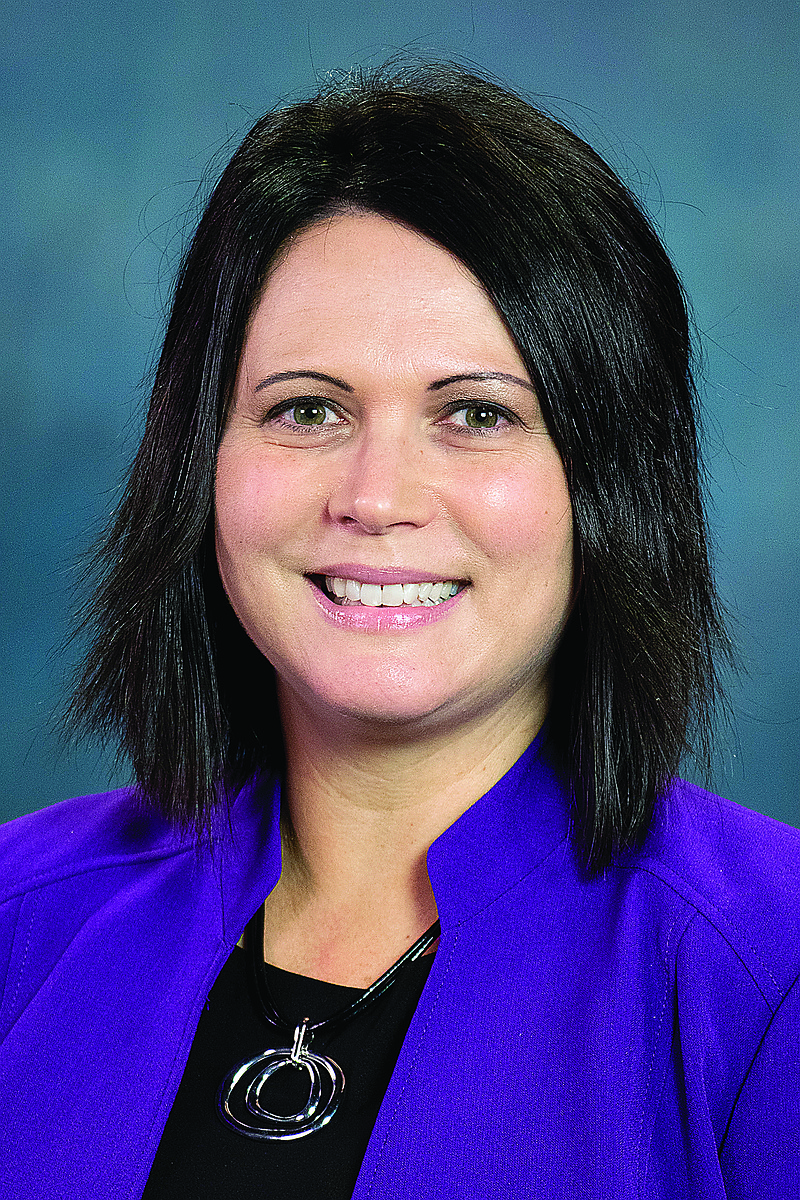Missouri's new Office of Childhood, planned to take effect Aug. 28, will consolidate nearly all early childhood programs across the state to create a unified vision.
The Department of Elementary and Secondary Education's Office of Early Learning, launched in October, will be expanded to become the Office of Childhood. The new office will be housed within DESE and will consolidate almost all early childhood programs related to child care, home visiting, early learning and early intervention across DESE, the Department of Health and Senior Services, and the Department of Social Services.
The purpose of consolidating the programs is to provide a more streamlined approach to early childhood programs in Missouri and to allow program coordinators to better work together to accomplish their goals, said DESE's Chief of Early Learning Pam Thomas, who was recently selected to lead the Office of Childhood.
"Process improvement, common goals, a unified infrastructure - I think those are things that are important," Thomas said. "I think of it as our North Star. If we have that common ground and those common goals, all of us kind of working towards that same end, we'll be able to do better with what we have."
One team will continue to provide the same childhood services each department currently provides, but having them under one office will allow them to improve the services, DESE Communications Officer Mallory McGowin said.
"Once all of these individuals and all these programs come together under one office, that will provide us the opportunity to really explore the work that's being done, see how that work could be done better," she said.
Over the years, DESE has conducted state, regional and local assessments the landscape of early childhood, Thomas said.
"They've all told us the same thing for years - our services are fragmented," Thomas said. "We have gaps and overlaps in programs, and we're not able to reach all of the families who need us."
Missouri was ranked No. 45 in the nation for its early childhood governance in a 2018 Bipartisan Policy Center report.
"We know that we can do better," Thomas said. "Other states have integrated their early childhood programs to make a bigger impact, and they have really made a path for us to be able to follow and an opportunity for us to be able to reduce some of those redundant roles and streamline our policies and our procedures."
Currently, some of Missouri's early childhood programs overlap across agencies. For example, each agency has professional development and home-visiting services. While these services may look different, they often serve the same people.
Home-visiting services focus on the most vulnerable children, primarily from birth to age 3. Families currently access home-visiting services from all three agencies, which can be confusing and difficult for them to find what they need, Thomas said.
"We coordinate and collaborate, but we don't know exactly how all of those pieces fit into a system," she said. "I think it's confusing for families to know what they qualify for and to know where to go."
Professional development opportunities also come from all three agencies, which can also be confusing, Thomas said.
"Sometimes, we don't know what exactly is happening in the other agencies even though we coordinate with one another, and I think that's confusing for professionals," she said. "They don't see a streamlined training and quality improvement system."
The goal is to make it easier for families to find the services they need and providers to get the training they need, Thomas said.
"We want to maximize resources by coming together around a common vision," she said. "Our vision for this office is to really promote the safety, health and education of Missouri's youngest learners."
The Office of Childhood will have about 145 employees, and no state employee positions will be eliminated.
"To put this into perspective, we have about 24 here at DESE, and we'll be adding about 120," Thomas said.
The estimated budget for the Office of Childhood is $660 million for fiscal year 2022. The current Office of Early Learning oversees approximately $150 million.
The fiscal year 2022 budget was submitted last fall, so current funding for the programs will remain the same until June 30, 2022.
"Next year, as we look at streamlining and coordinating and really getting into what those programs look like, I think that does allow us a little bit of flexibility to move some of that around as we find what's needed," Thomas said.

